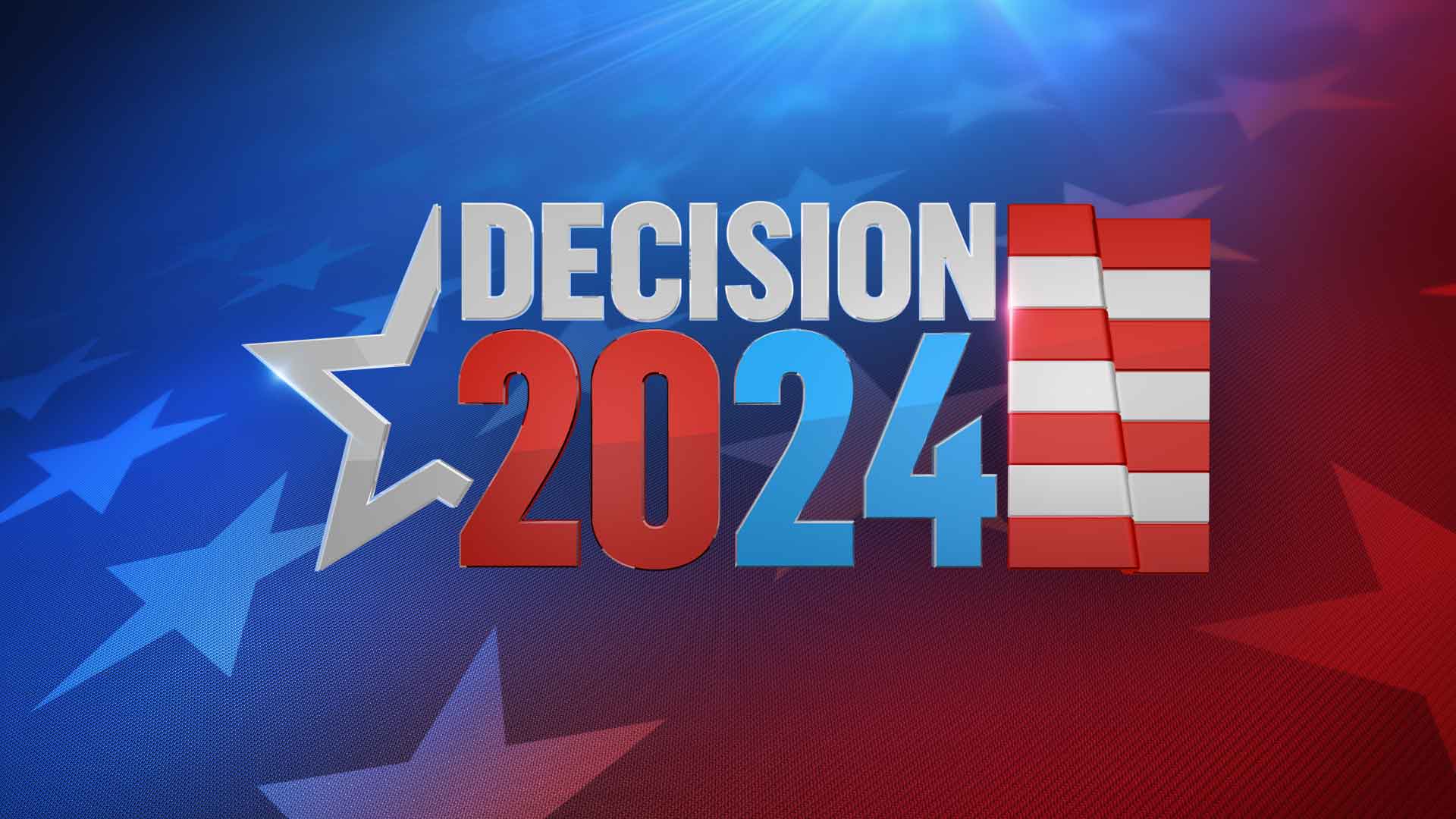Texas Governor Greg Abbott's (R) office sent out a letter to state agencies and public universities warning them to stop diversity, equity and inclusion (DEI) initiatives in the hiring process, calling it illegal.
Last Monday, Abbott's chief of staff, Gardner Pate, sent a memo to state leaders.
"As Texans, we celebrate the diversity of our State and the presence of a workforce that represents our rich culture. In recent years, however, the innocuous-sounding notion of Diversity, Equity, and Inclusion (DEI) has been manipulated to push policies that expressly favor some demographic groups to the detriment of others," wrote Pate.
It didn't specify what groups, or what prompted the letter.
Get top local stories in DFW delivered to you every morning. Sign up for NBC DFW's News Headlines newsletter.
Pate goes on to state, "Indeed, rather than increasing diversity in the workplace, these DEI initiatives are having the opposite effect and are being advanced in ways that proactively encourage discrimination in the workplace. Illegally adding DEI requirements as a screening tool in hiring practices or using DEI as a condition of employment leads to the exclusion and alienation of individuals from the workplace."
The letter continues with," When a state agency adjusts its employment practices based on factors other than merit, it is not following the law."
The Texas Legislative Black Caucus has been vocal against the letter and Tweeted that it plans to have a news conference at the Capitol on Tuesday to oppose the governor's, "Anti-DEI Agenda."
Local
The latest news from around North Texas.
"Eliminating DEI initiatives will only hurt Texas institutions. Our diversity is our strength. Far too often, African Americans and minorities have been excluded from being considered for jobs even though they were qualified," said Chairman Ron Reynolds in a statement.
DEI initiatives have been used as a way to create an inclusive space for people of all backgrounds, ethnicities, sexual orientations, physical and mental abilities, gender, religion, age, socioeconomic status, and veterans. Allowing to include people from different backgrounds who may have historically been excluded or underrepresented.
"When you understand that, DEI initiatives have tons of benefits for business for agencies for universities, that are based on research then you see why those solutions have been used by so many people, so many leaders in society," said Jandel Crutchfield. an assistant professor of social work and director of DEI at the School of Social Work at the University of Texas at Arlington.
Get updates on what's happening in North Texas to your inbox. Sign up for our News Headlines newsletter.
When asked for her reaction to the letter, Crutchfield said, "As an educator, I tried to lead with curiosity, and immediately I was curious about how DEI was framed as something harmful or discriminatory because that's not what my experiences with it or what the research says about DEI so I didn't know what place it was coming from,"
A spokesperson for the governor, Ranae Eze, said, “The letter from the Governor’s chief of staff is a reminder that state agencies and public universities must follow federal and state law in their hiring practices. Both federal and state laws make equity quotas illegal. The issue is not diversity—the issue is that equity is not equality. Here in Texas, we give people a chance to advance based on talent and merit."
"If we acknowledge the problem of racial exclusion or exclusion based on other parts of our identity that those policies are trying to solve, I think that it makes sense for people to celebrate it. You know, I find it kind of problematizes a little bit the concept of merit versus diversity, right? I think that there can be merit and diversity that exists. And there are lots of companies and universities all over that are showing that that's the case.
Michael Maslanka, an assistant professor of law at UNT Dallas School of Law, said he thought the memo was threatening to hire agencies and could impact the future.
"The memo demonizes DEI and it labels it with something it is not, that’s my problem with the memo, it’s intellectually dishonest," said Maslanka about the letter.
“The memo is a doughnut, what’s a doughnut? It looks pretty it has sprinkles on it may be tasty but has zero nutritional value, its conclusion is the same way, it may seem the same way, but it’s got zero substance in value, the memo is a doughnut," expressed Maslanka.



